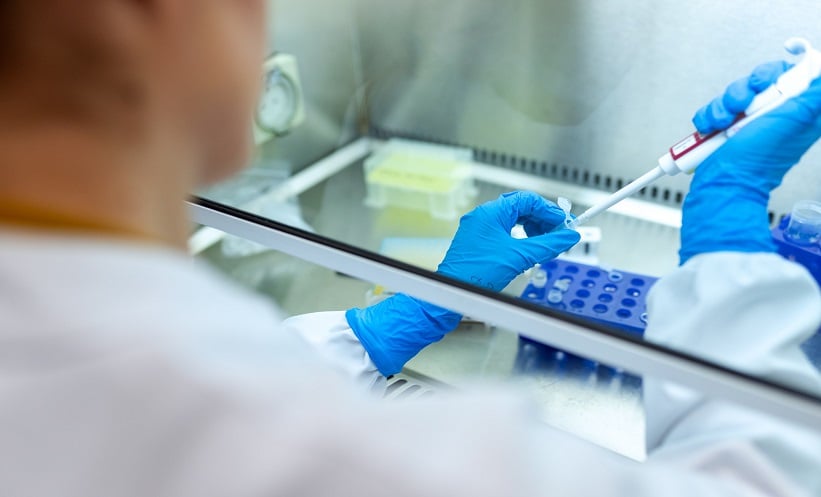SINCE the successful birth of the world’s first in vitro fertilisation baby in 1978, in vitro culture of human embryos for research and assisted reproductive therapy has been limited to a maximum period of 14 days after their creation. The internationally accepted boundary of 14 days originated because the primitive streak appears on the 15th day of embryo development. This structure is crucial because it defines the onset of gastrulation (a period of cell internalisation, which forms the three germ layers, the body form, and head-to-tail axis) and marks the end of the period when an embryo can divide into twins or triplets.
At the time this restriction was put in place, technical limitations meant that there were no methods to sustain human embryos in vitro for anywhere near to 14 days. However, recent research suggests that it is becoming increasingly possible to culture beyond primitive streak formation and that doing so could promote beneficial fertility research.
For this reason, a global team of bioethicists and scientists led by Prof Insoo Hyun at the Case Western Reserve University School of Medicine, Cleveland, Ohio, USA, argue that policymakers and the International Society for Stem Cell Research (ISSCR) should be encouraged to consider “a cautious, stepwise approach” to scientific investigation beyond the existing 14-day limit.
Before embryo research guidelines can be updated, the authors stated: “One must appreciate the scientific reasons for doing so. Any such proposed research must serve important goals that cannot be adequately met by other means.”
There are a number of potential benefits to extending the current restrictions. Embryo research past 14 days might explain why embryos either fail to implant or subsequently spontaneously abort. Extended culture might also help identify methodologies to distinguish between viable and nonviable in vitro fertilisation embryos, which would ultimately facilitate a reduction in implantation failures and lost pregnancies amongst fertility patients.
Prof Hyun and colleagues have devised six principles to assess whether extended embryo culture is permissible. These include the use of independent peer review by qualified science and ethics committees to evaluate research proposals and public dialogue to ensure ethical, scientific, and societal concerns and opportunities are discussed.
The researchers concluded: “An incremental approach seems to be our only path forward, both from a scientific and a policy standpoint.”








